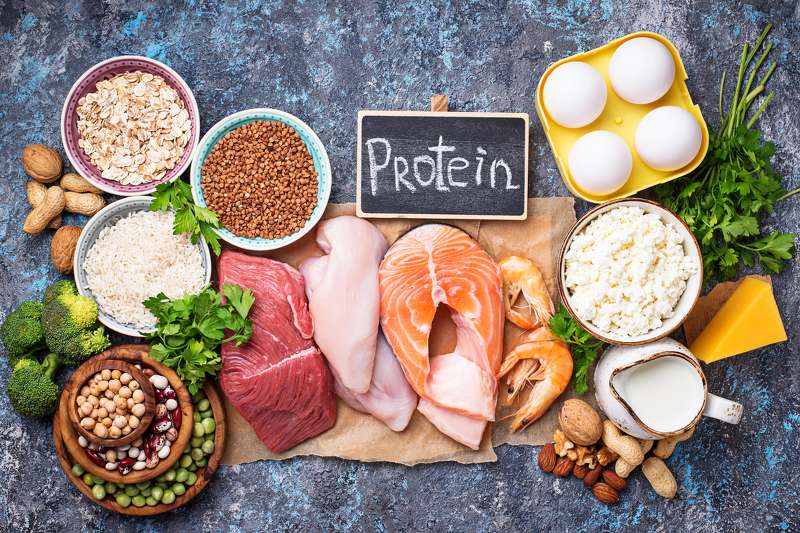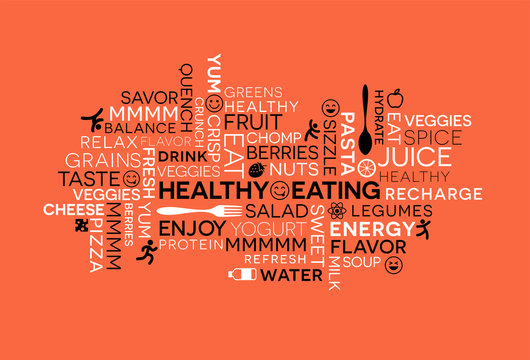This 5-day course covers non-thermal processing of food, extrusion cooking, and texturing of green proteins. The aim is to give you the possibility to understand how some innovative food technologies work in reality and how the shelf-life and food quality can be controlled with these technologies. The pilot plant, the microbiological, the physical, and the chemical laboratory welcome you.
After completing the module students will be able to:
- Summarize main characteristics and impacts of nutrition-related chronic diseases (the four main NCDs).
- Describe the main characteristics of healthy versus unhealthy diets; nutritional recommendations and key determinants of dietary behaviour and health.
- Critically discuss the evidence linking diet (nutrition-related exposures) with increased or decreased risk of NCDs, and the different perspectives on physical activity and inactivity.
- Propose new approaches to tackle NCDs and promote health.

After completing the module students will be able to:
- explain sustainability and how it relates to the current food system model;
- develop a sustainable food system model for the future – one which is ecologically, economically, and socially viable;
- develop a concept for a sustainability-driven production of healthy food using the example of a defined food product
In this module, we will discuss a variety of recent peer-reviewed papers from the field of food and nutrition sciences. Each student chooses a paper of her/his interest for in-depth study and gives a 15- to 20-minute presentation.
After completing the module, students will be able to:
- Grasp the main ideas of a scientific publication
- Identify novelties in approach, methods and results
- Describe to peers the conclusions and their relevance to the scientific community
- Critically reflect on the above
- Understand meta analyses
